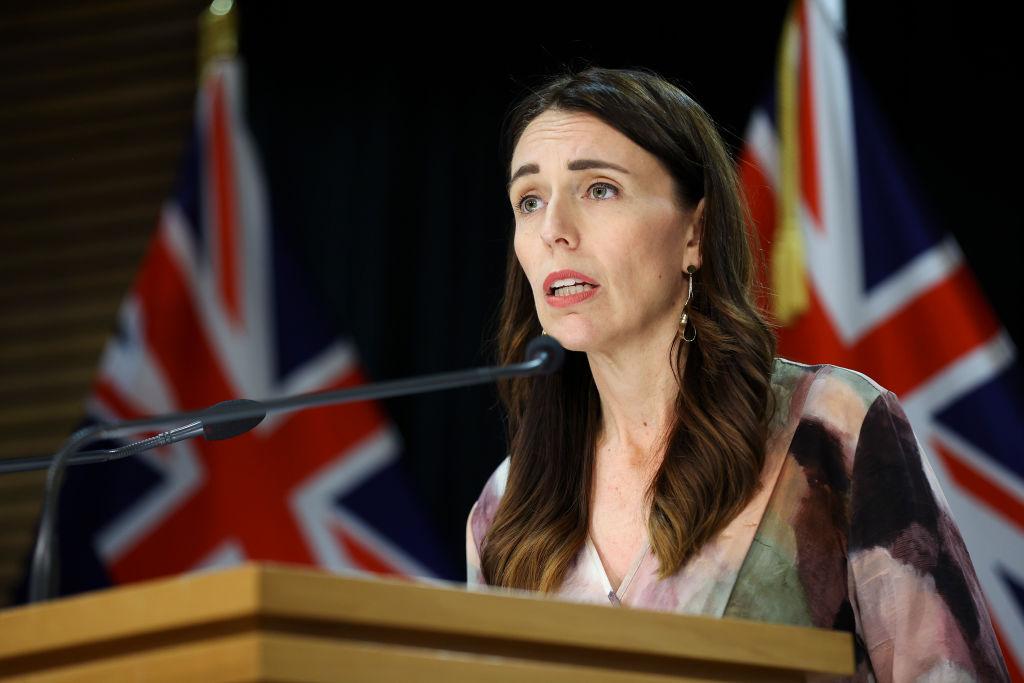The New Zealand government is placing a bottleneck on the nation’s overheating housing market after the price of housing grew exponentially, making it one of the most unaffordable real estate markets in the world.
The policy change by the Ardern government was announced on Tuesday and will involve a series of measures which include raising taxes for investors, providing additional support for first home buyers, an extension of the bright-line test, and an infrastructure package.





